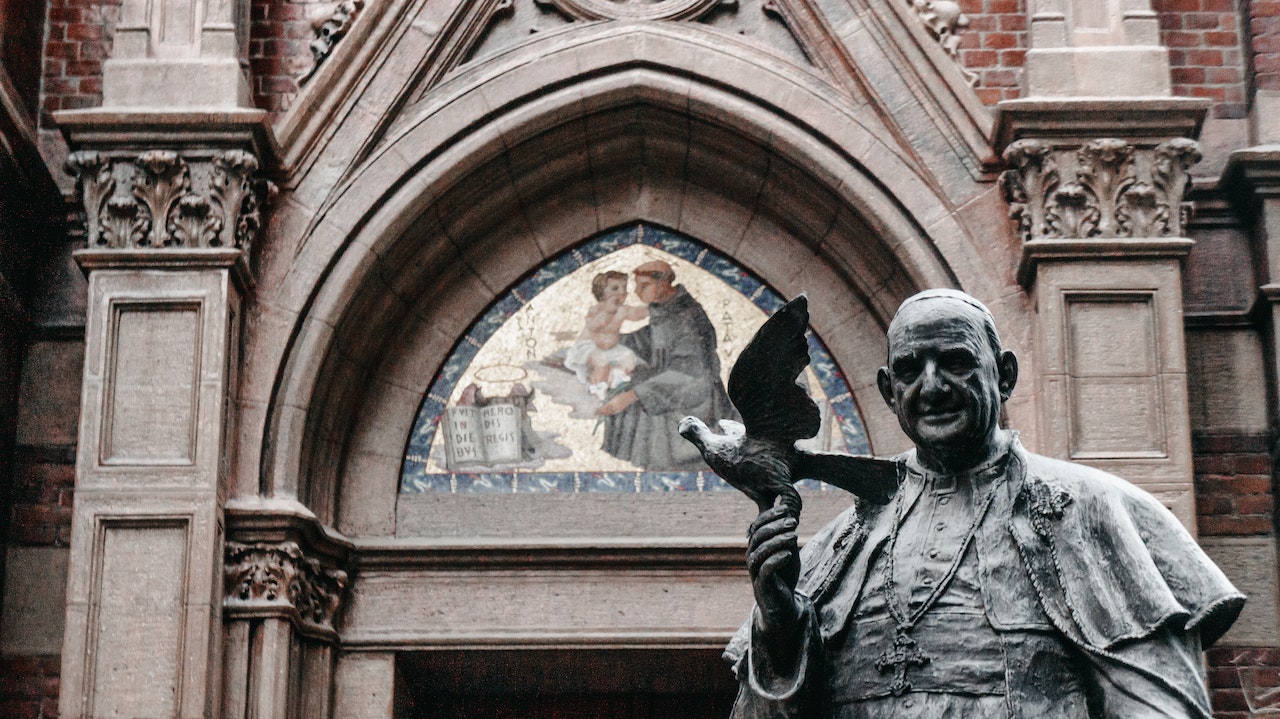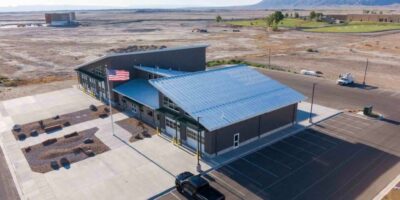If you’re looking to bring a new church into your community, or if you’re already a member of a nondenominational church and looking for ways to unite with other believers, this guide is for you. In it, we’ll provide tips on creating a welcoming environment, attracting new members, and promoting religious unity. We hope that it will help you find the answers you’re looking for and be a valuable resource in your spiritual journey.

What is a Nondenominational Church?
A nondenominational church is a religious congregation that does not affiliate with any one specific denomination. While this may sound like it would be a difficult thing to do, it’s not very difficult at all. All you need to do is find a church that shares your values and beliefs, and then you can join it without having to change your name or identification.
Nondenominational churches offer a wide range of services and activities, so there’s sure to be perfect for you. They also have a large membership base, so finding one shouldn’t be too difficult. Most nondenominational churches are open to anyone who wants to join them – no matter what their religion or belief system is.
What Types of Nondenominational Churches Are There?
There are several nondenominational churches out there, and each has its unique features and benefits.
Some nondenominational churches focus on humanitarian work and help to provide relief in areas affected by natural disasters or conflict. Others focus on spiritual growth and encourage members to explore their religious beliefs openly. Some even offer alternative forms of worship, such as meditation or yoga, that can be beneficial for people of all faiths.
Whatever your interests or needs may be, there’s likely a nondenominational church out there that’s perfect for you!
Understanding the Different Types of Congregations and How They Differ From One Another
A nondenominational church is a type of church that does not have a specific denomination. There are many different types of nondenominational churches, and each has its own set of beliefs and practices.
There are three main types of nondenominational churches: independent, liberal, and conservative. Independent churches are the most diverse, as they accept people from all walks of life and offer a variety of services and faiths. Liberal churches are similar to independents in that they’re open to everyone, but they also have stricter doctrines and require members to adhere to a certain set of beliefs. Conservative churches are the least diverse, as they predominantly serve conservative Christian believers.

Conclusion
By reading the article above, you have learned that it’s not hard to unite a nondenominational church. You just need the right communication and understanding between all members of the congregation.
For more information about how to make your new congregation come together, you may want to reach out to other ministry leaders in your area or consult with a spiritual mentor.




















Comments